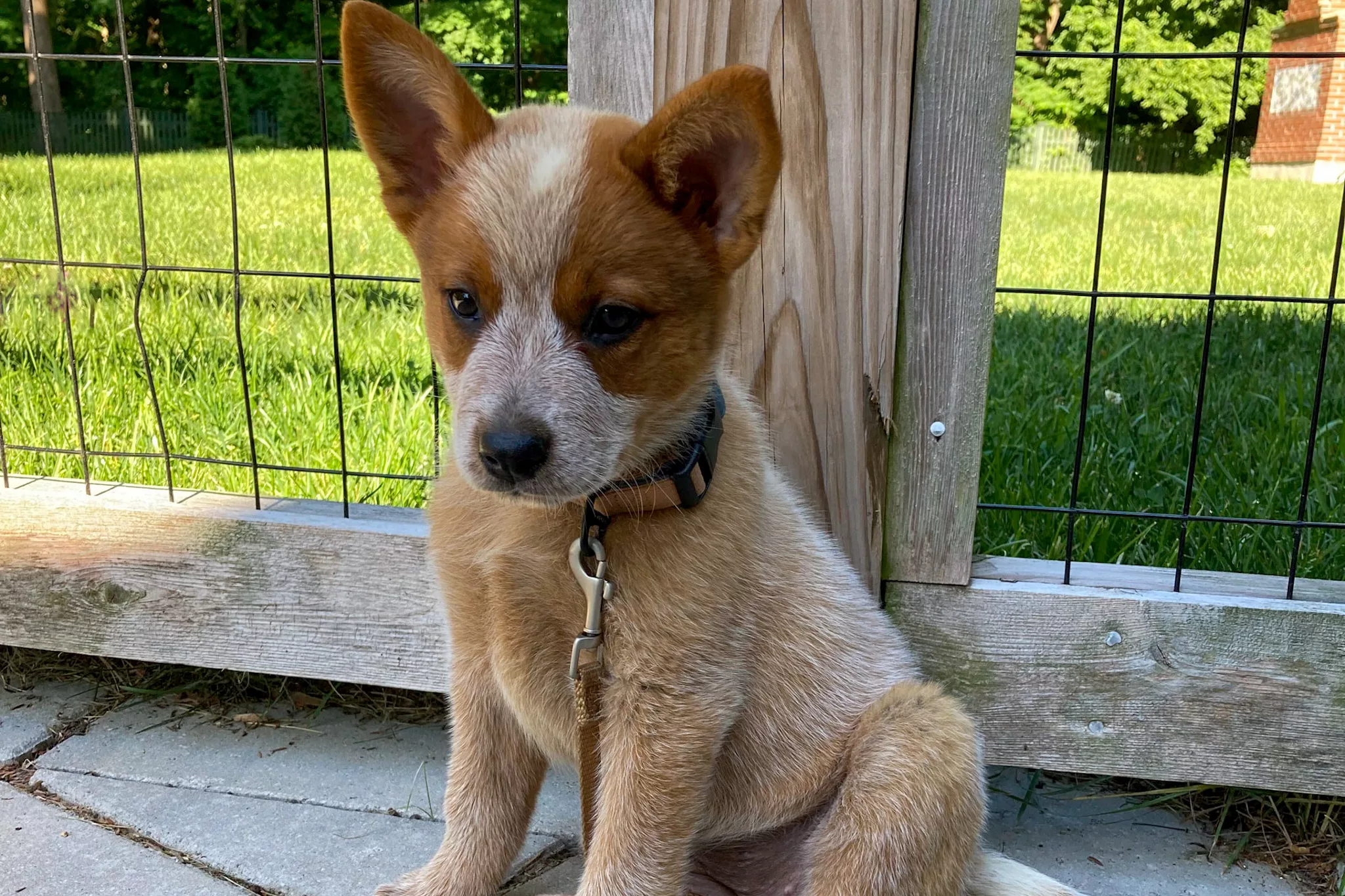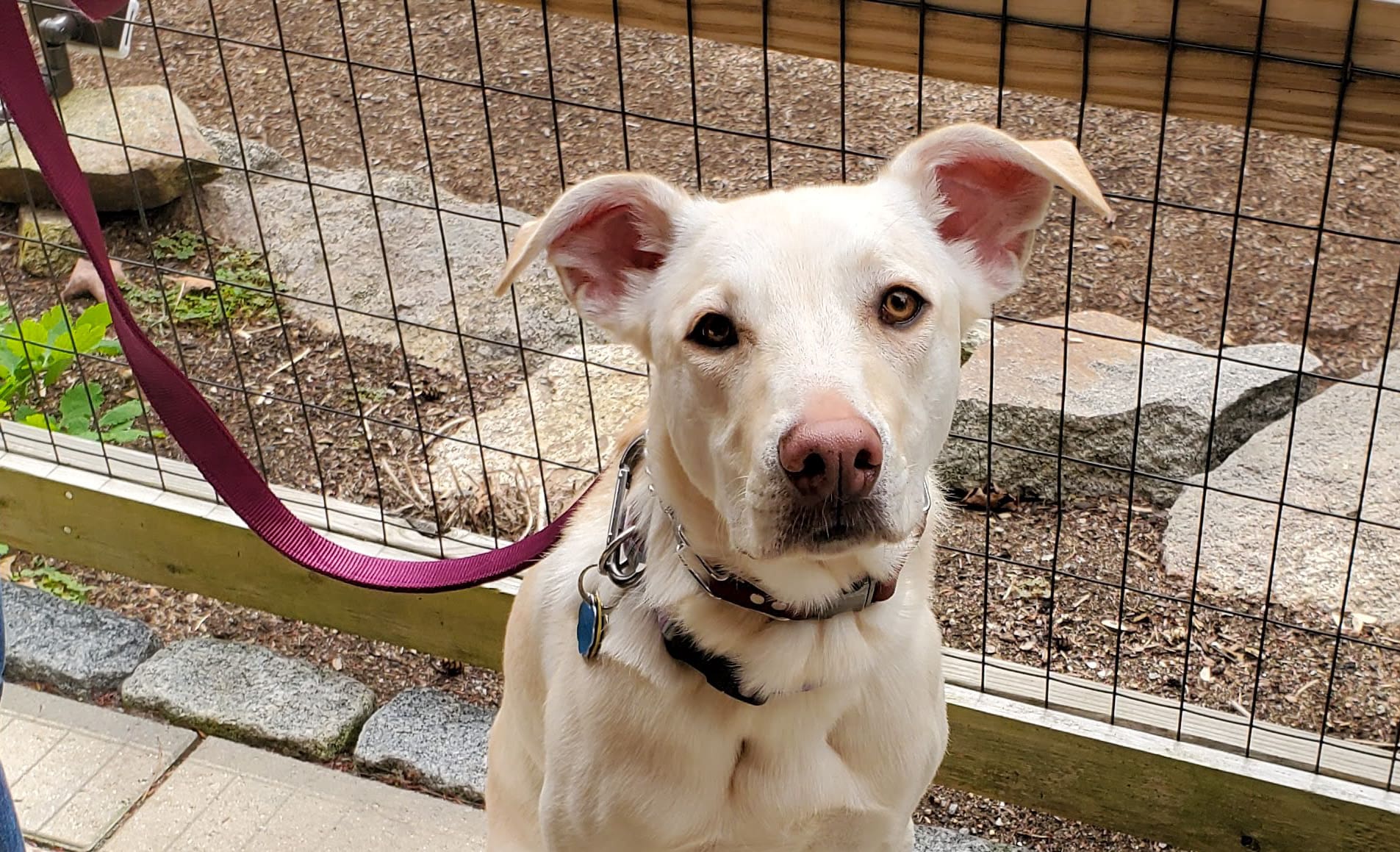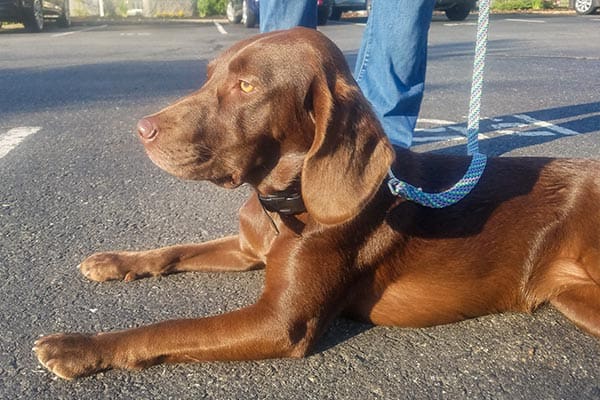Free Downloads
Our FREE dog training tips come from over 10 years of training real families and their dogs.
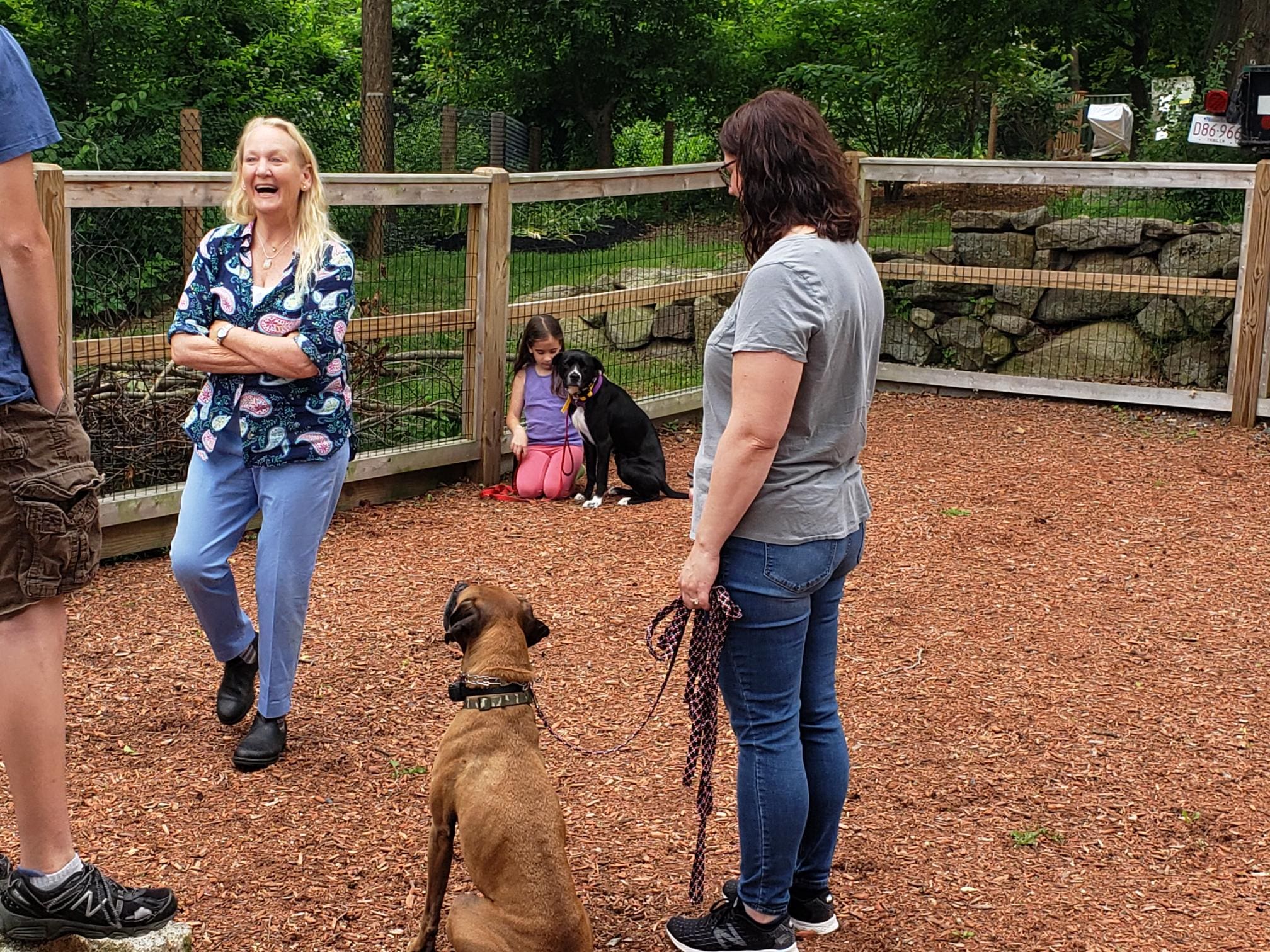
Co-Owner and Founder, Sarah Prescott, with clients.
Daily Puppy Schedule & Template
Keeping a regular schedule with a new puppy (8-16 weeks) is key to good potty habits, full crate training, and creating a secure adult dog. Enter your email address for the free PDF and we’ll send it over.
"*" indicates required fields
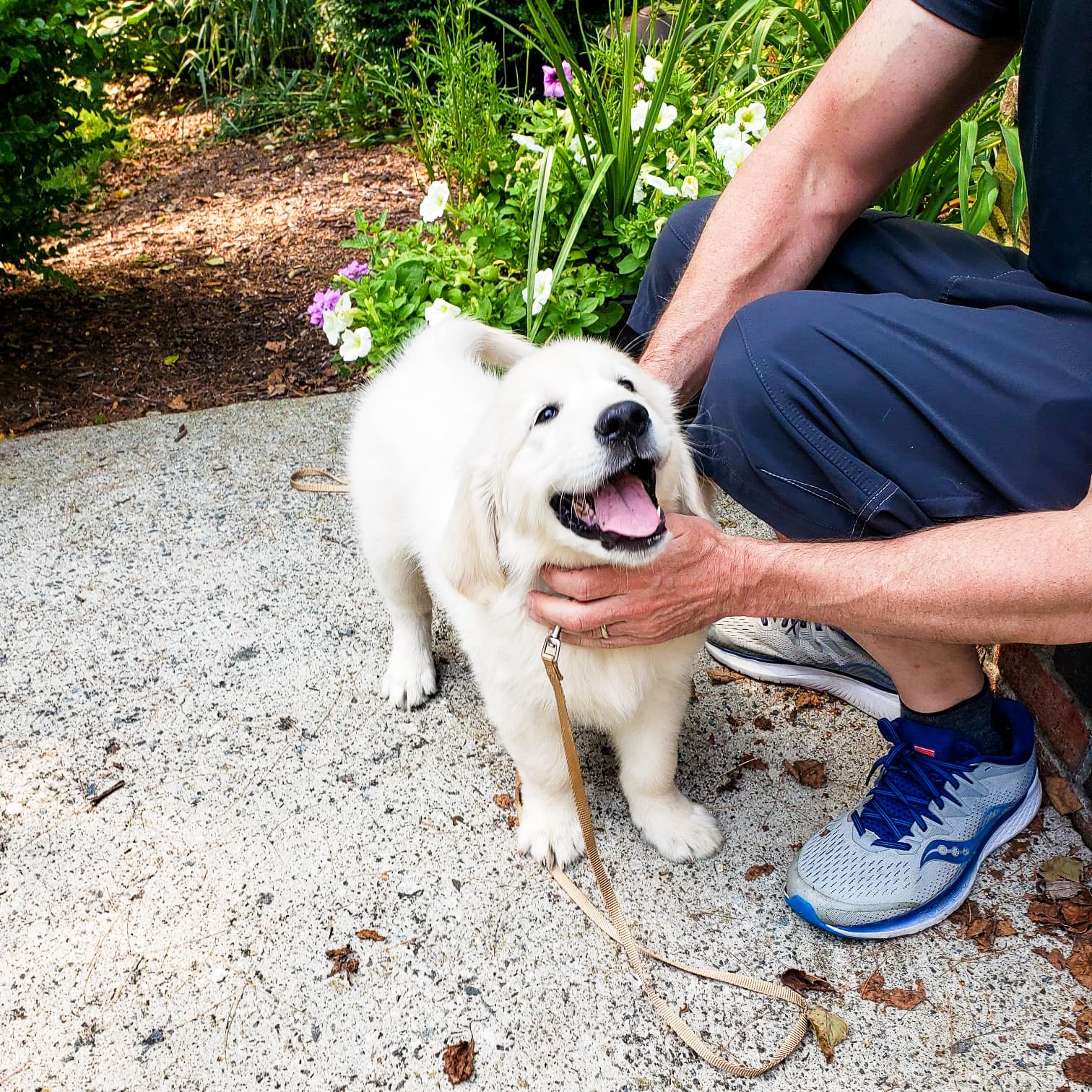
Schedule Template for a Good Dog in Training
Keeping a regular schedule with a dog (~5 months and older) is key to both achieving and maintaining good behavior. If you’re wondering when this schedule can fall away, read our post “When can I stop using the crate or prong collar?”
Enter your email address for the free PDF and we’ll send it over.
"*" indicates required fields
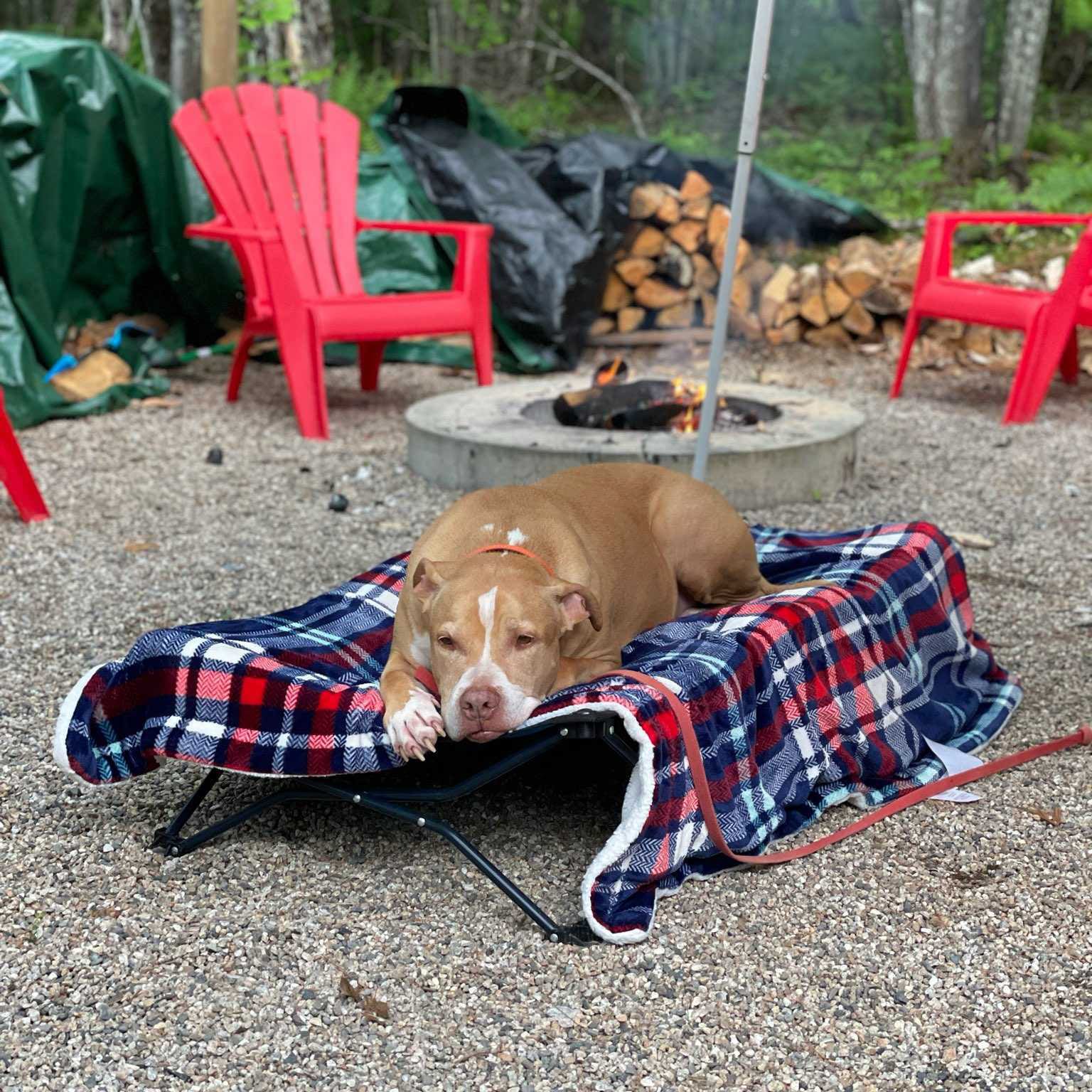
6 Key Steps to Prepare for a Second Dog
Considering a second dog? These six aspects to consider are all about your current dog and getting ready to add another to your household.
"*" indicates required fields
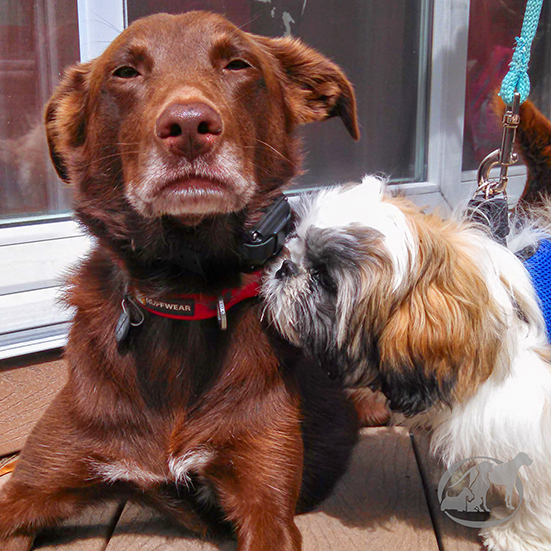
Our In-Person Programs – North of Boston, MA
Puppy Training
Team Puppy is for dogs ages 8-16 weeks. The program is 3 sessions, one-on-one and covers:
- Setting a feed and sleep schedule
- Crate training
- Potty training
- Controlling nipping, barking, and more
Foundation Training
Foundation training is a comprehensive approach to dog training. Whether you're looking for obedience training or behavior modification, Our results-driven dog training is a deep dive into how you and your family interact with your dog.
Basic challenges we address include:
- Leash reactivity
- Food and resource guarding
- Fear and separation anxiety
- Dog-to-dog aggression
- Socialization
- Basic dog obedience
Remote Collar Training
Remote collar training is for the dog that tends to make bad choices, is uncontrollable, does not listen to you, or is easily over-excited.
Remote collar training includes all the lessons of our Foundation Program with practice in:
- Sit, place (stay), heel, and down
- Off-leash recall
- Proper responses to excessive barking and resource guarding

